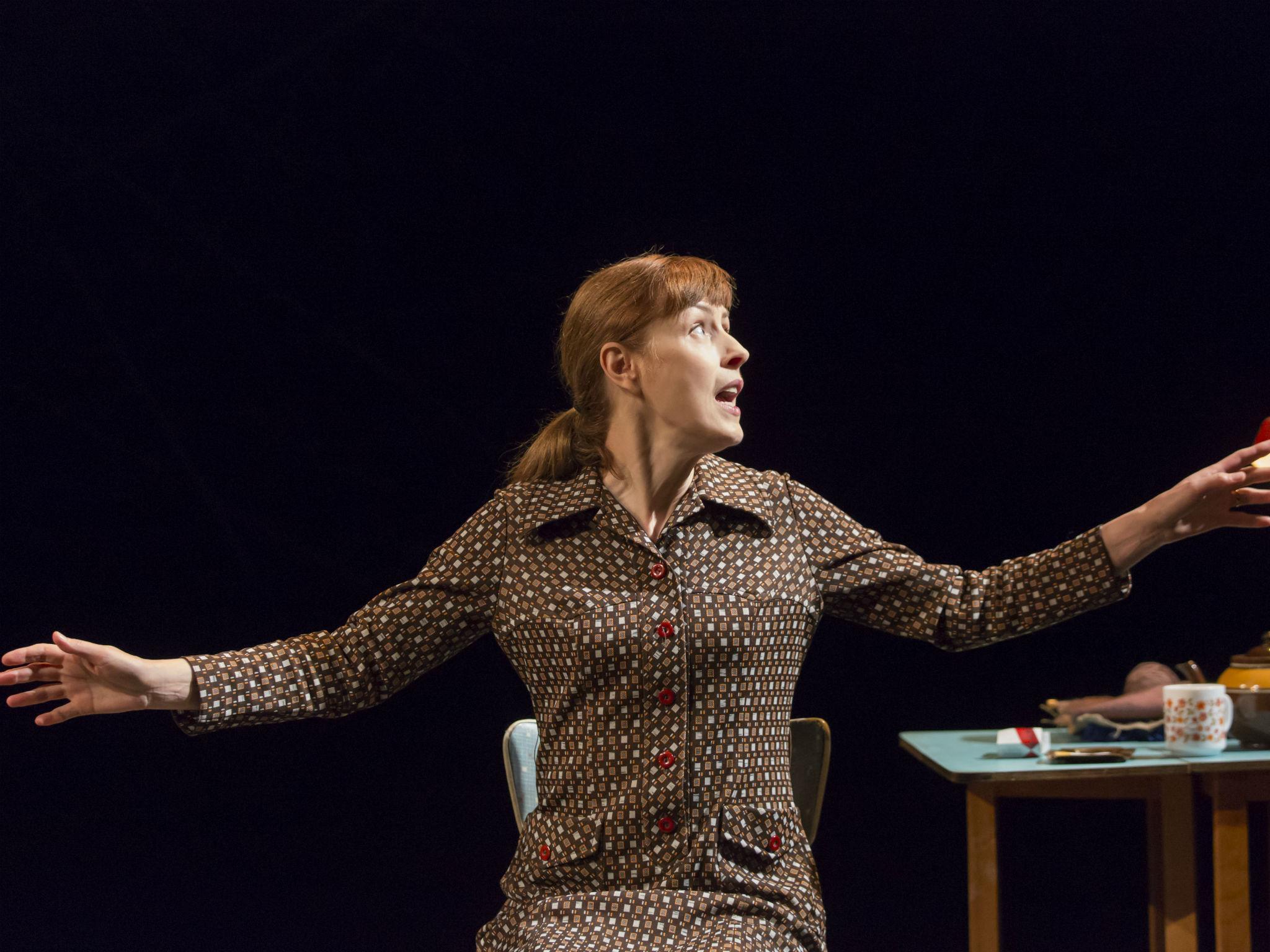Faith Healer, Donmar Warehouse, theatre review: 'This production isn't short on style'

Your support helps us to tell the story
From reproductive rights to climate change to Big Tech, The Independent is on the ground when the story is developing. Whether it's investigating the financials of Elon Musk's pro-Trump PAC or producing our latest documentary, 'The A Word', which shines a light on the American women fighting for reproductive rights, we know how important it is to parse out the facts from the messaging.
At such a critical moment in US history, we need reporters on the ground. Your donation allows us to keep sending journalists to speak to both sides of the story.
The Independent is trusted by Americans across the entire political spectrum. And unlike many other quality news outlets, we choose not to lock Americans out of our reporting and analysis with paywalls. We believe quality journalism should be available to everyone, paid for by those who can afford it.
Your support makes all the difference.A thick curtain of sparking rain hides the stage, like a red velvet drape around a magician's vanishing act. Between scenes, Es Devlin's gorgeous design drenches the stage in drizzle that's been made extravagantly beautiful. But it's a beauty that's at odds with the subdued poetry of Brian Friel's 1979 play – a gesture that's typical of the faintly sterile reverence of director Lyndsey Turner's production.
Friel's 'Faith Healer' has an experimental, broken apart structure that explores two decades of (largely miserable) wanderings round the fringes of Scotland and Wales, before a final homecoming to Ireland. The title's Faith Healer is a self-styled miracle worker, Hardy, who conducts 'performances' in village halls and dusty churches. His audience are desperate, hoping to be freed from incurable diseases or unhealed injuries – and he's single-minded in his quest to share his wavering 'gift' with the tiny backwaters that will have him, repeating their names like an incantation.
But he's not alone. The play's made up of four long monologues, two of which reveal the perspectives of the people whose lives he takes over. His wife, Grace (an oddly mannered Gina McKee), follows him with heartbreaking devotion, even as he becomes cruel and careless. And his manager, Teddy, hides depths of emotional agony under his cheery facade of professionalism.
Director Lyndsey Turner makes these scenes slow, and quiet. Stephen Dillane's performance as Hardy is so understated that it's like watching a midge meander through the fog – his wavering memories are fascinating, but they don't have the whisky-soaked power you'd expect from a pig-headed alcoholic. Let alone the wild charisma of a man capable of convincing strangers that their ancient wounds were healed – or of convincing friends to accompany him to the edges of the earth, and back.
Ron Cook's stonking performance as his loyal manager Teddy provides the production's highlight. He's played the role before, and feels ever so slightly as though he's come from a different production. Over bottles of brown ale, he pours out hilarious anecdotes of performing pigeons, never losing us even as his memories diverge wildly from Grace and Hardy's own narratives of the tour: a congenial host who uses all the techniques of vaudeville showmanship to earn our love.
Like Teddy, this production isn't short on style. But it's missing Hardy's magnetic, transcendental hold over a scattered mass of desperate people – when he's offstage, we don't feel his presence. We're left with the simmering power of Friel's text, drenched in poetry and fascinating details that pave the roads to all these small, lost villages.
Join our commenting forum
Join thought-provoking conversations, follow other Independent readers and see their replies
Comments